She won't remember the sound of war, the bombs on Damascus as her mother carried her, finally escaping across the border. She won’t remember the arduous journey on land. She won’t remember the cold on the overcrowded boat across the Mediterranean. The screams. The panic, the confusion.
But she will remember her statelessness. That feeling of not belonging.
Amena is four years old, and knows nothing of life outside this refugee camp in Greece. Little Amena has only ever known fear. She has only known fleeing and running, and everywhere, closed doors. Born into the war in Syria, her young mother escaped with her hidden beneath her arm as she grappled the tough journey alone to what was thought would be a better life, a better future.
Yes Amena is alive, but what is a life when you cannot truly live?
Amena does not know how to write, nor will she learn this year. She spends her days playing in dry mud with a group of young children, picking up left over lids and plastic, creating makeshift toys.
An entire generation of youth and children around the world are living through conflict, displacement and statelessness. How is it acceptable to so many that these children do not attend school or have access to resources? That they may become a lost generation, destined for a life without opportunity, a life reliant on charitable hand-outs or desperation?
And what of the generation to follow them?
There are currently more than 65 million displaced people around the world; more than half of which are children. And yet the world's response to these children is protracted refugee camps. The best we can offer a whole generation of children is a closed door and space to be in their already stateless limbo. It is true that in the emergency phase of a crisis, people fleeing war and persecution require large amounts of basic humanitarian support in order to sustain life.
After this, people are almost invisible, blanketed by the illusion of 'aid', the assumption that the problem is handled because the need is not addressed by large international organisations or trending in the media.
People need access to local services, education for their children, access to employment and financial capital, and safe and legal housing. All RefuAid projects focus on addressing these long-term needs that will enable children just like Amena to build a better, brighter future.
